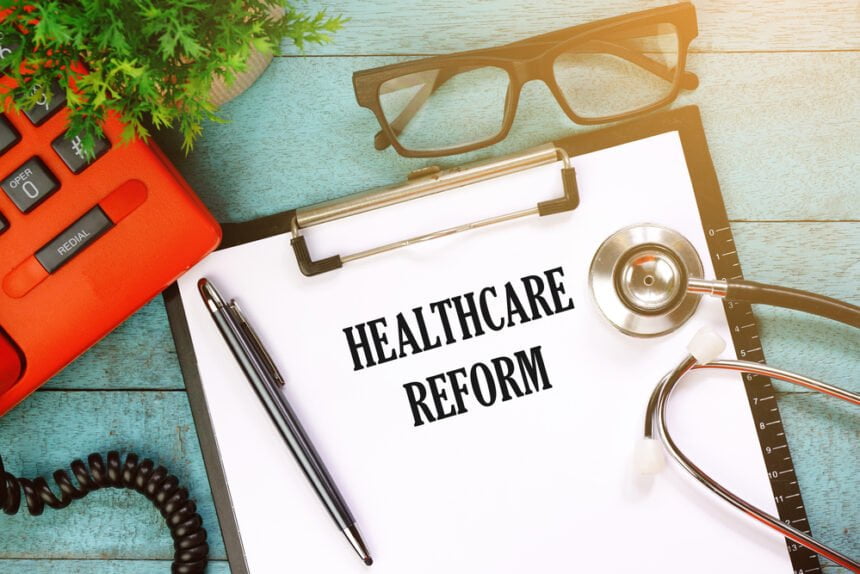Over the past week, President Donald Trump signed the new tax reform bill. While the bill primarily focused on changing tax rates and putting deductions, it had some overlap with one of the most controversial elements of the Patient Protection and Affordable Care Act – the individual mandate.
Background on the individual mandate
The individual mandate was a requirement that every American purchase health insurance. It was put into place to ensure that younger and healthier people paid for health insurance. People that did not purchase insurance would have to pay a penalty when filing their taxes. Here are the current penalty rates for failing to comply, as cited by Healthcare.gov:
- 5% of household income with a maximum of the total yearly premium for the national average price of a Bronze plan sold through the Marketplace
- Or a minimum of $695 per adult, whichever is lower
The penalty was smaller in the early years, since fewer people were aware of the healthcare requirements. They were gradually increased over time and a currently at the maximum set by law.
What impact will removing individual mandate have?
The implications of removing the individual mandate are difficult to predict. In theory, overturning the mandate may skew the health insurance pool to be older and sicker. This could set the stage for a death spiral. However, there are reasons to be skeptical about these predictions. One of the biggest reasons is that individual mandate may not have had a substantial impact on participation in the healthcare exchange. People also may not have purchased health insurance if it didn?t cover the benefits they needed. Many alternative healthcare services such as The Green Cross don?t get coverage from traditional insurers. There is evidence that some people dropped out of the health exchange as premiums increased over time. Younger and healthier people may have found that it was cheaper to pay the fine then purchase insurance. Other people may have purchased health insurance for pragmatic reasons, rather than because they were threatened by the fine. They realize that healthcare is very expensive if they get sick without adequate insurance. They are as likely to purchase health insurance without the fine in place. The other issue is that the individual mandate is very weakly enforced. The IRS can?t bill people that didn?t buy health insurance. It can?t garnish their wages, threaten tax evasion charges or report them to the credit bureaus. All it can do is deduct the fine from their tax return. Since many people that don?t have health insurance are self-employed, they can easily structure their taxes to avoid overpaying to the IRS, which means that they won?t have to ever pay the fine. There is also a three-year statute of limitations for the government to collect the fine. There are also many exemptions people can take advantage of. The question is how many people only purchased health insurance due to the individual mandate. This is a difficult question to answer. It will become more clear in 2019 when people are given the opportunity to sign up for health care without needing to. Evidence from other mandates suggests that they don?t have a strong impact on participation. For example, New Hampshire is the only state in the country that doesn?t require people to purchase car insurance to drive a vehicle. However, the uninsured driver rate is actually lower than the national average. Suggest that people make decisions irrespective of policy mandates. The same could be true with the individual mandate under the Patient Protection and Affordable Care Act. However, the potential consequences may be very high. If the decision to revoke the individual mandate causes fewer hopefully people to participate, health insurance premiums could skyrocket. This could intern discourage other healthy people from participating in the exchange, which will make healthcare virtually unaffordable to older and less healthy individuals.

